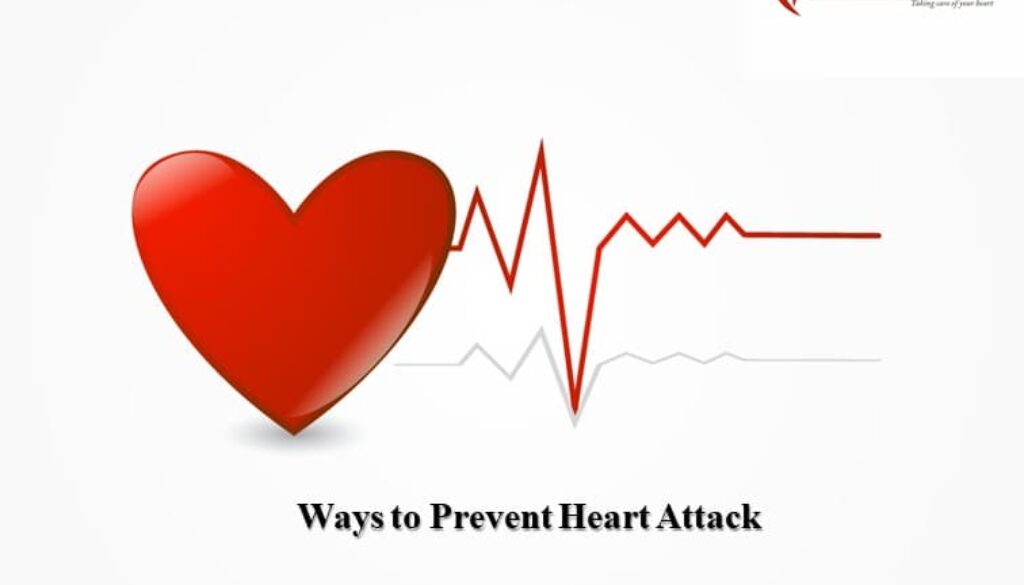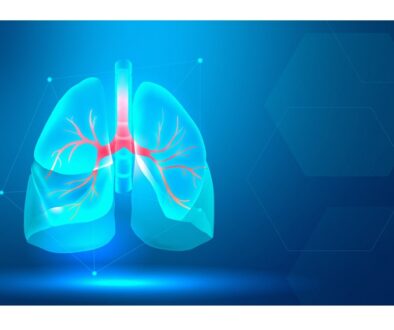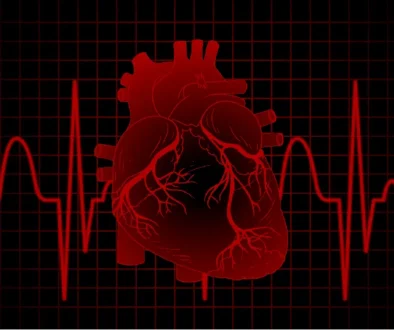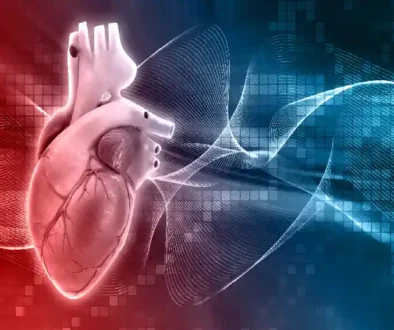WAYS TO PREVENT HEART ATTACK
Do you know your lifestyle plays a major role in making or breaking your heart – which means – it can either make your heart healthy or make it prone to heart disease. However, lifestyle modifications can help you avoid cardiovascular disease, heart attacks, and heart valve disease. If you want to make your heart the healthiest part of your body, it will be quite easier for you if you follow the following ways to prevent a heart attack:
Quit Smoking
It’s ideal if you’ve never started smoking. If you’ve already left, that’s fantastic. Stop smoking if you still do. Consult your doctor to determine which solution is useful for you. Even persons who smoke less than 5 cigarettes per day can show indications of cardiovascular disease in their early stages. Begin right now. In just a year or so, you can lower your chances of developing cardiovascular disease.
Manage Your Blood Pressure
If your BP is too high, you’re more likely to have a heart attack or develop cardiovascular disease. Hypertension can be controlled by managing stress, a good diet, and frequent exercise. Your doctor may also recommend medication to help you lower your blood pressure.
Know Your Cholesterol Levels
When blood rushes through your veins, it can deposit residues of cholesterol, calcium, and fat, causing plaque to build up in your arteries. A heart attack is more likely if there is too much plaque in the arteries. Get a blood test done upon the recommendation of your cardiologist if you are unaware of your cholesterol levels. Cholesterol comes in a variety of forms. LDL, or low-density lipoprotein, is unhealthy for your heart. HDL, on the other hand, can assist you to avoid cardiovascular disease. Workout and a diet low in harmful fats can help you lower your cholesterol levels. Some individuals may additionally need to take cholesterol-lowering medication.
Control Your Diabetes
Blood glucose levels that are too high can cause artery destruction. This is true for both diabetes and prediabetes. Manage your blood glucose levels with the help of your doctor. This may reduce your risk of a heart attack, stroke, or peripheral neuropathy.
Eat Healthily
Include plenty of fruits and vegetables, whole grains, and omega-3-rich foods like fresh salmon or mackerel in your diet. Reduce your intake of sodium, saturated fats, sugars, and red meat. Trans fats and foods containing “hydrogenated” components should be avoided. Including variation in your diet is a wonderful approach to ensure and obtain all of the nutrients you
Ways to Prevent Heart Attack
Relaxation Technique
Find a way of relaxation that works best for you. Meditation, yoga, and setting aside time to rest after work can all help you manage your tension. Anger and animosity are stressful emotions that might increase the chance of a heart attack, so stay calm and remain quiet.
Maintain Your Weight
Having excess weight can put your heart in danger. Workout and a healthy diet are beneficial. Enquire with your doctor or a dietician about your ideal weight and how to achieve it.
Regular Exercise
Go for a run on the trail or on the treadmill. Take a walk around the colony or go swimming. Take part in whatever sport best suits your requirements. Physical activity can help you in the prevention of cardiovascular disease, improvement of cholesterol level, and reduction of hypertension.
Stay Social
Maintain good relations with your family and friends and be socializing. People who maintain good relations and who are socializing have huge emotional support. They are less likely to have anxiety, depression, and cardiac problems, according to the study. As you expand your connection and make new friends, keep in mind that you are also becoming beneficial to their cardiovascular health as well.
Bottom Line
It is very much possible to prevent heart disease nowadays. So, it is crucial to maintain a healthy heart to avoid cardiovascular disease. By adopting the above ways to prevent heart attack, you can prevent heart disease, but if you feel any symptoms then contact your cardiologist as soon as possible. Remember – any symptom related to your heart problems should be considered important and given top priority. If you think that you may have heart-related issues, you must see your cardiologist immediately.




